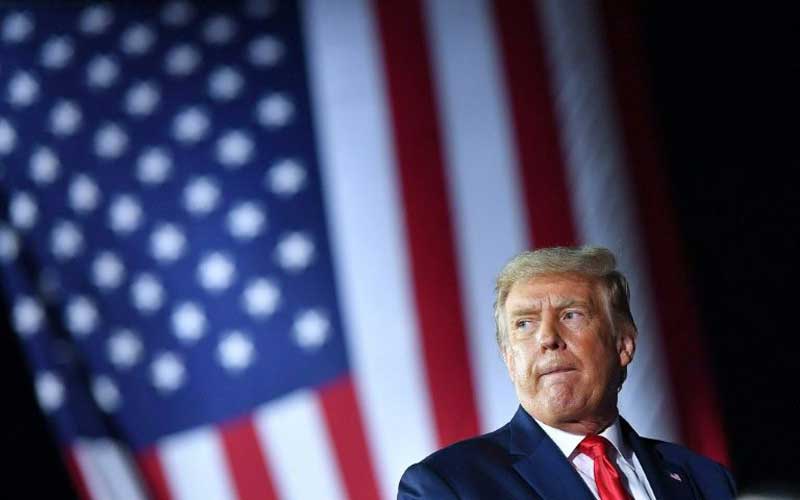×
The Standard e-Paper
Stay Informed, Even Offline

US President Donald Trump has repeatedly claimed without evidence that excessive use of mail-in voting will jeopardize the integrity of the November 2020 vote and will result in an election "rigged" by Democrats. [AFP]
"The only way we're going to lose this election is if the election is rigged."